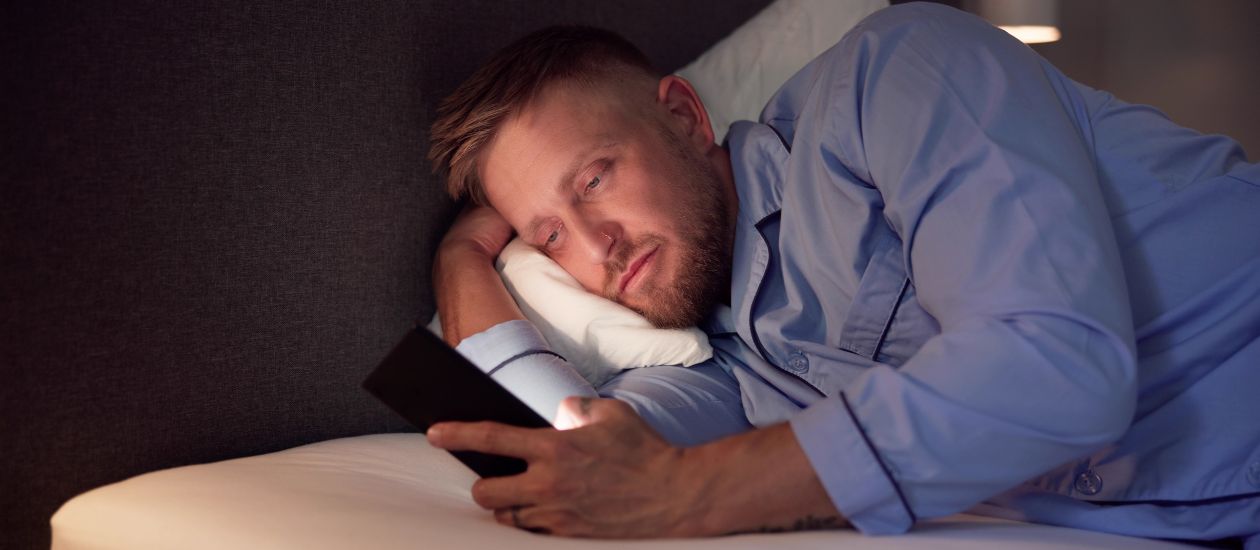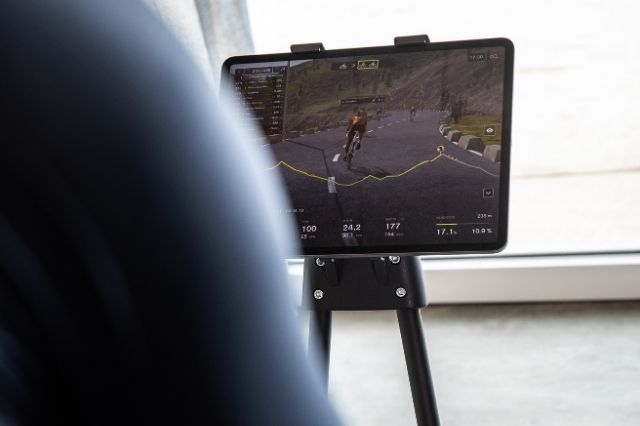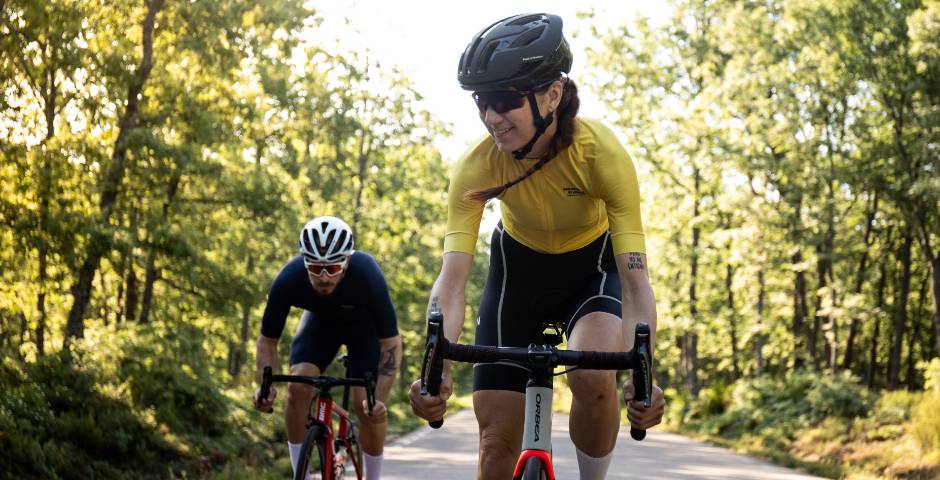Sleep is one of the fundamental pillars for any athlete, especially cyclists. During rest periods, the body undertakes key processes such as muscle tissue repair, energy level restoration, and the consolidation of motor skills learned during training.
Without adequate sleep, performance can drastically decline, increasing the risk of injuries and chronic fatigue. Prioritising quality rest is not optional; it is a necessity if one seeks to improve both day-to-day life and competitive performance.
Phases of sleep and their relationship to physical recovery
Sleep consists of various phases, each with specific functions for the recovery of the body and mind. The deep sleep phase, or slow-wave sleep, is essential for muscle regeneration and strengthening the immune system. During this stage, the body releases hormones such as growth hormone, which is crucial for repairing damaged tissues.
The REM phase, on the other hand, focuses on memory consolidation and learning, which are important for technical and tactical mastery in cycling. Disrupting or altering these phases negatively impacts both physical and mental recovery.
Factors affecting sleep quality in cyclists
Cyclists, both amateur and professional, are exposed to several factors that can disrupt sleep. Excessive use of electronic devices before bed, evening training sessions that elevate adrenaline levels, and poor nighttime nutrition are some of the most common elements. Additionally, psychological factors such as performance pressure or pre-competition stress can cause insomnia. Conversely, caffeine, an ally during the day, can become an enemy if consumed too close to bedtime.

What can you do to improve sleep?
Sleep hygiene consists of a series of habits that promote restorative rest. Creating a consistent nighttime routine, going to bed and waking up at the same time each day, helps regulate the circadian rhythm. Reducing screen exposure at least an hour before sleeping and keeping the bedroom dark, cool, and quiet are simple yet effective measures.
It is also crucial to avoid heavy or fatty dinners, opting instead for light, easily digestible foods. Finally, practising relaxation techniques such as meditation or deep breathing can facilitate the transition to deep sleep.
The benefits of proper rest
Quality sleep not only allows for better recovery but also enhances performance. Cyclists who get enough sleep typically experience higher energy levels, faster reaction times, and better decision-making during competitions.
Moreover, adequate rest regulates appetite and metabolism, contributing to maintaining an optimal body weight for cycling. Nightly recovery is also crucial for reducing muscle inflammation, allowing the body to be ready for new training sessions.
Supplements and natural aids to optimise rest
In some cases, cyclists may benefit from using supplements to improve sleep quality. Magnesium is known for its ability to relax muscles and reduce stress, while melatonin is useful for regulating sleep during periods of schedule disruption, such as international travel for competitions.
There are also natural options like valerian or chamomile teas, which have relaxing properties. However, it is essential to consult a professional before introducing any supplement into the daily routine.
Warning signs: how to identify sleep problems
It is not always evident when sleep is insufficient or of poor quality. Some warning signs include constant fatigue, difficulty concentrating, irritability, and stagnant or declining athletic performance.
Other symptoms may include recurrent muscle pain, weight gain, or increased susceptibility to colds and other illnesses. In the presence of these symptoms, it is crucial to review sleep habits and, if necessary, seek professional help to prevent long-term consequences.

Practical cases and final tips for cyclists
Take, for example, an amateur cyclist who trains daily after work. His main problem is that after intense sessions, he struggles to fall asleep due to physical and mental activation. In this case, he could benefit from incorporating gentle stretches and relaxation techniques after training, having dinners rich in tryptophan like turkey or bananas, and avoiding the use of electronic devices.
In conclusion, sleep should not be underestimated in a cyclist’s routine. Implementing measures to improve its quality will not only reflect in better recovery but also in more consistent and lasting performance in the sport. Remember: resting well is not wasted time; it is an investment in your performance and well-being.
BKOOL is the most complete cycling simulator on the market. Try it for FREE for 7 days!
 Go to BKOOL
Go to BKOOL





